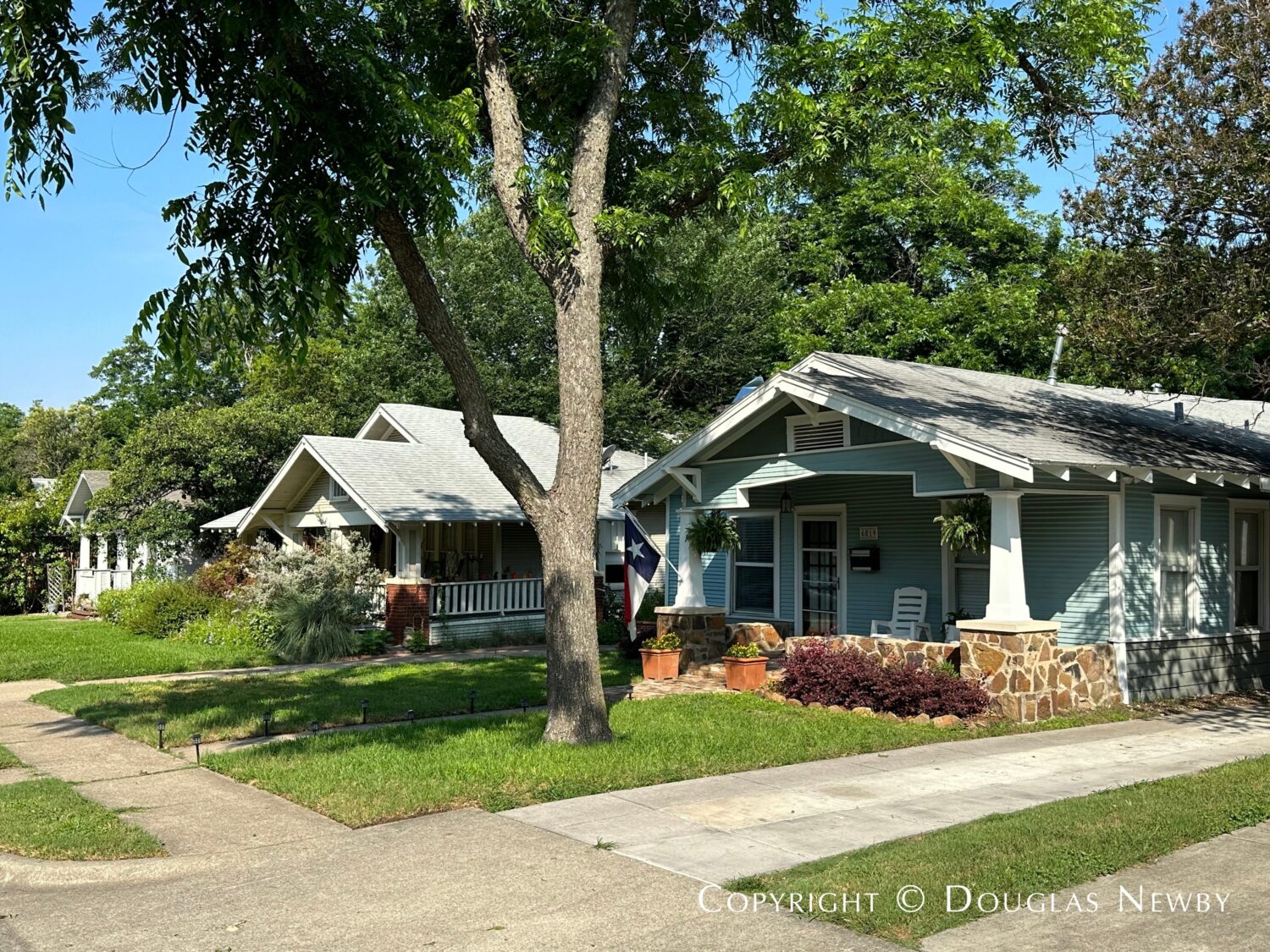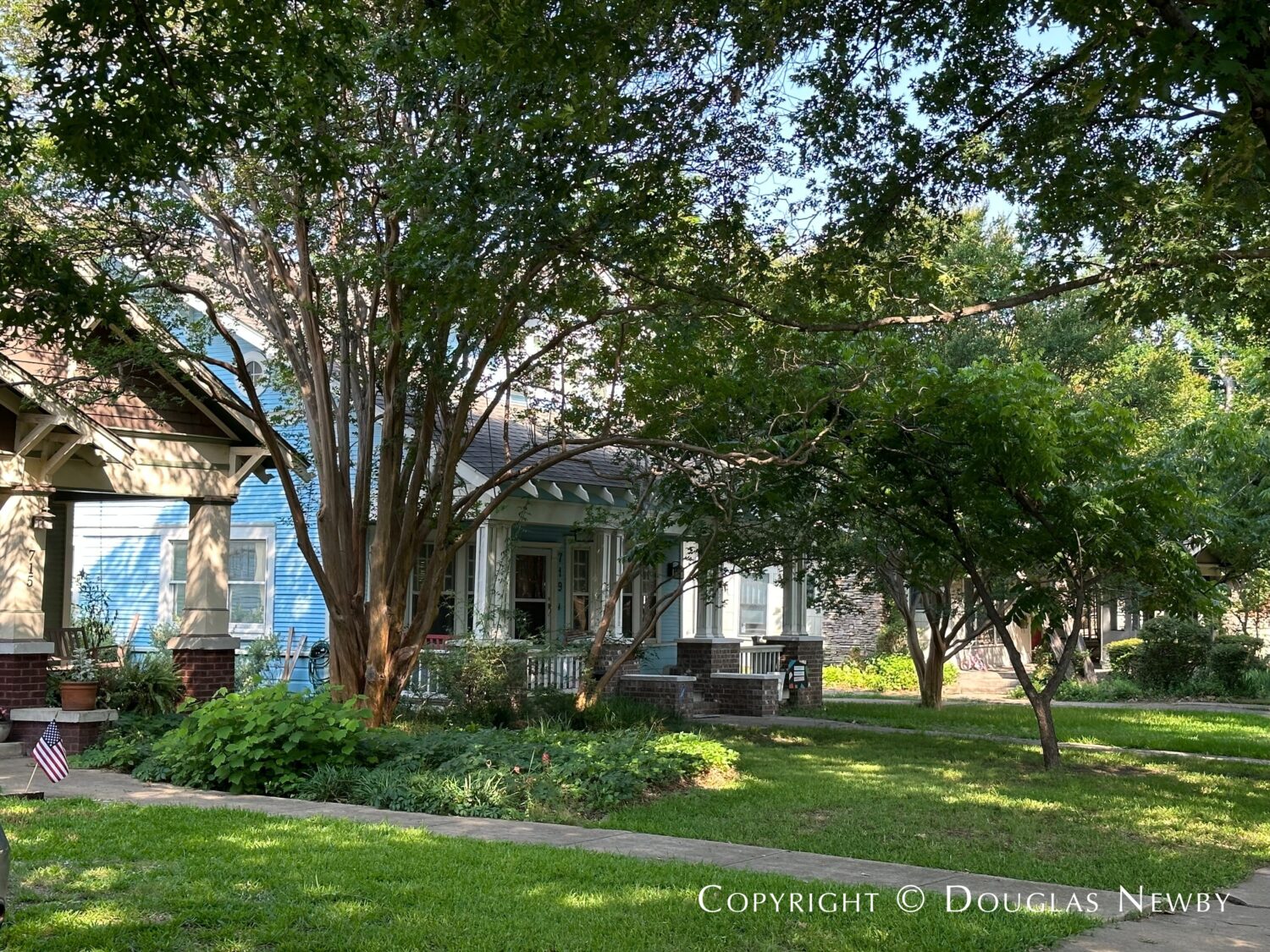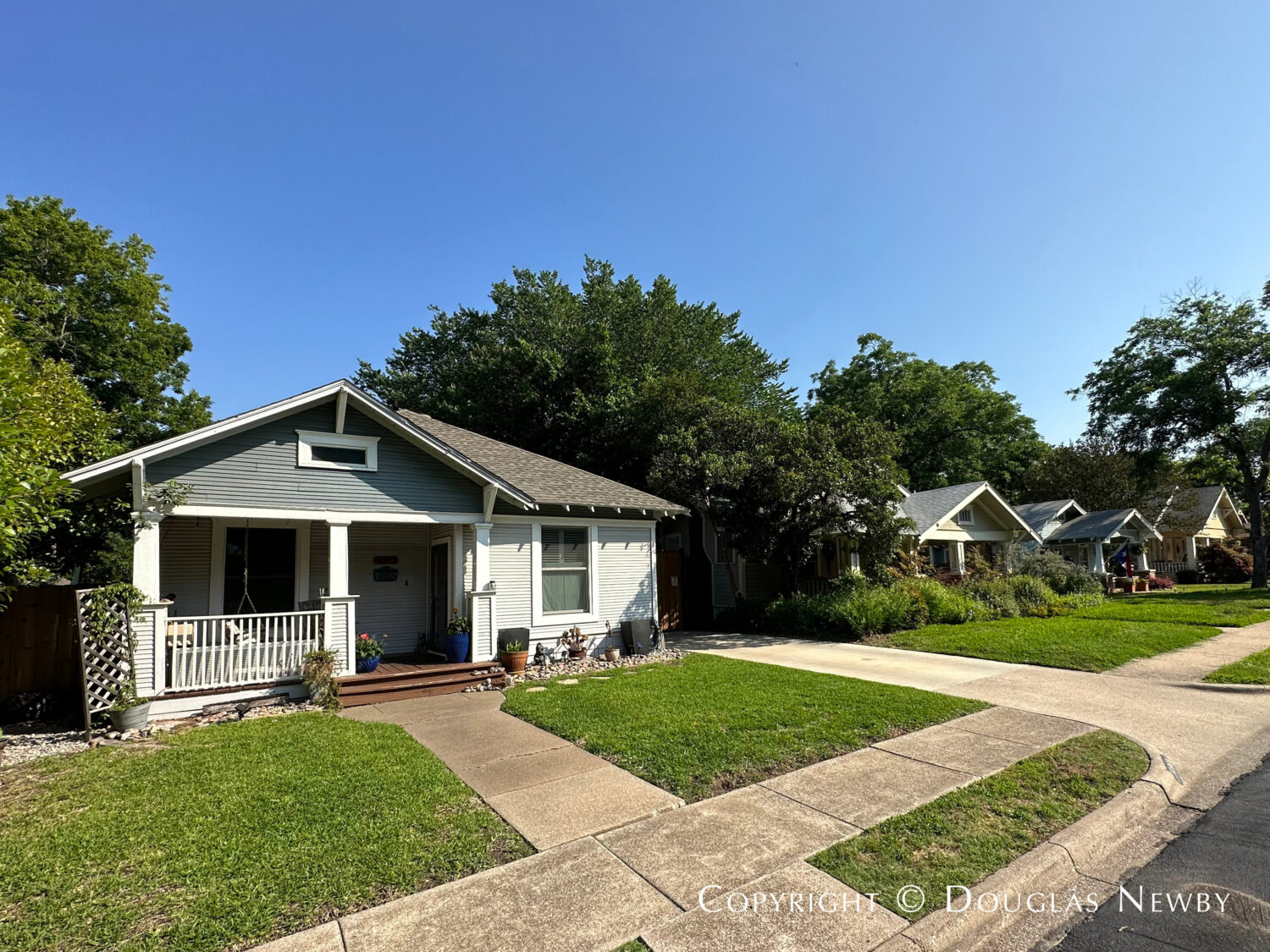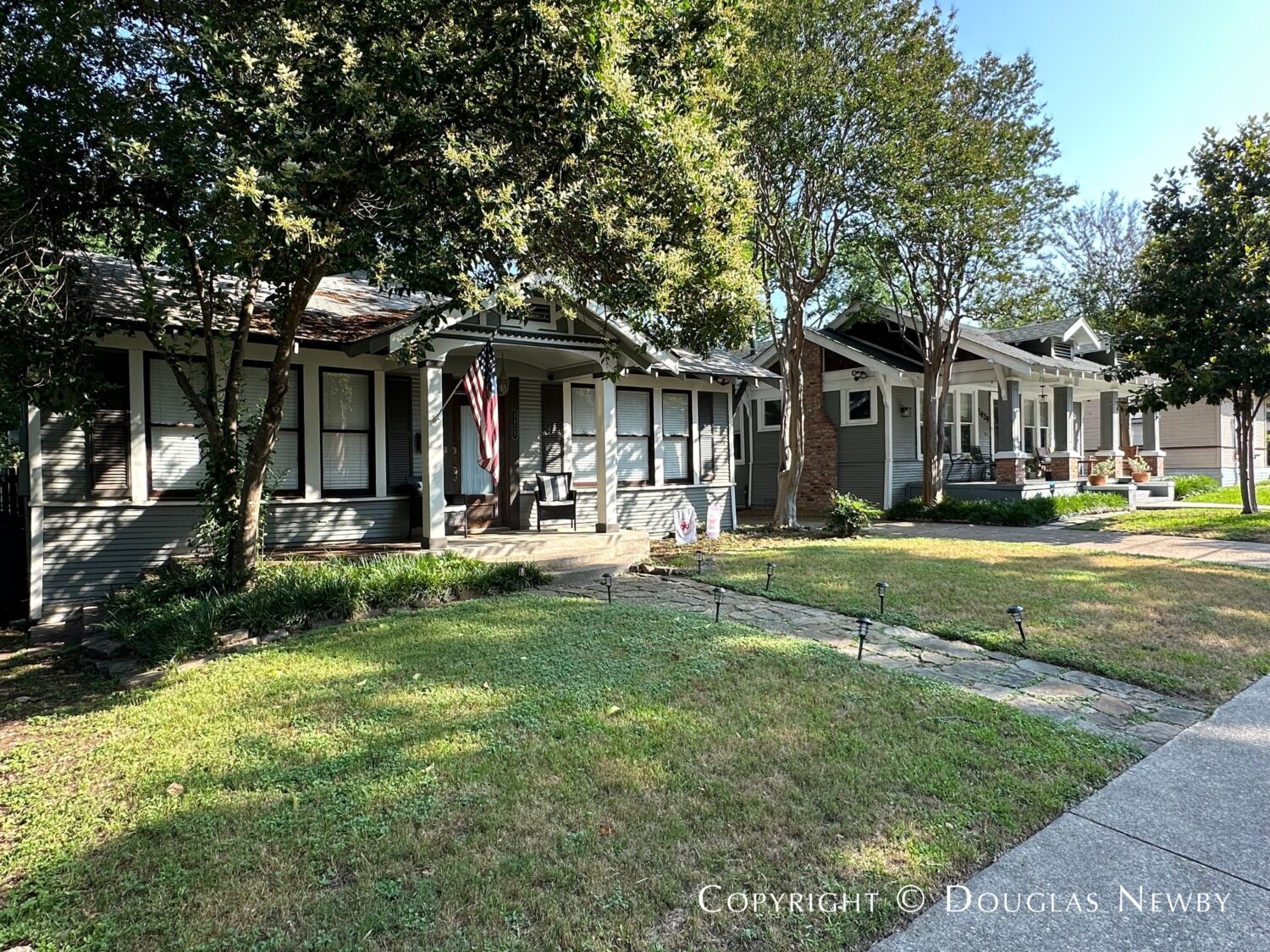
Dallas Should Nurture Home Ownership for Stable and Appealing Neighborhoods
A recent Dallas Morning News column reveals the argument that zoning consultants and STR lobbyist are using to promote rental units and apartment developments in single-family zoned neighborhoods. Esteemed zoning consultant Dallas Cothrum in his Dallas Morning News column recently wrote that homeowners, usually older people, who advocate for homeownership, have “faulty judgment,” “slip into a false consensus effect,” and have “cognitive bias.” This harsh analysis of homeowners is followed by Cothrum’s declaration: “Here’s a news flash: Younger buyers would love to own a home on a nice big lot in a safe neighborhood. They are not buying one for a good reason: They cannot afford it … younger Americans are having to delay ownership much later in life.” Here, Cothrum concedes younger people want to own homes in safe neighborhoods as much as older people do.
It is puzzling why Cothrum accuses homeowners of “faulty judgment” when they strive to protect their neighborhoods of owner-occupied homes – the same kinds of neighborhoods that renters also desire. He even suggests that homeowners’ “faulty judgment” influences elections and city policy that supports homeownership.
Cothrum also concedes that “People are renting for longer periods of time because they must, not because they want to.” This statement makes the argument that younger people, often renters, desire owner-occupied homes just as much as the older demographic of homeowners.
Cothrum further claims, “For older Americans to see renting as a problem that threatens their investment or lifestyle is a failure of understanding that ownership has peaked.” Homeowners do understand that government-imposed backyard rental homes (ADUs) and short-term rentals (STRs) dilute safety, desirability, and the value of their homes. Homeowners do not accept Cothrum’s premise that homeownership cannot increase. Both younger and older Americans’ prefer homes in neighborhoods of mostly owner-occupied homes. Renters looking to buy their first homes prefer homes in owner-occupied neighborhoods.

The political influence of homeowners pales in comparison to that of special interest groups that desire density and the elimination of single-family zoning. This includes low- and mixed-income apartment developers who rely on government subsidies to buy up affordable single-family homes and tear them down to build apartment complexes. These “affordable apartment complexes” charged rent of about $1,500 a month in 2019, when a mortgage payment on a $372,654 home, according to Cothrum, averaged only $1,273.00. Even at the current interest rate of 7%, the average cost of a North Texas home at $372,654 is $2,000 a month according to Cothrum. This cost is still close to the 2023 rents at subsidized developer apartment complexes. Further, the average cost of a home is much higher than the cost of those affordable homes that developers are tearing down, eliminating homeownership opportunities for first-time homebuyers. Allowing backyard rental houses also eliminates affordable homes for first time homebuyers. A $250,000 affordable home with an added $250,000 new backyard rental house raises the price of that home to $500,000, out of the range of many first-time homebuyers.
Some of the fiercest advocates for more homeownership come from the Black and Hispanic community in the Dallas Southern sector. Architect and former City Planner Darryl Baker, who is Black, has filed a complaint against HUD for allowing developers to build too many subsidized apartment complexes in the Southern sector. Southern sector residents have called for a moratorium on new apartment zoning and have requested more single-family home development. Residents of these communities of color understand that a neighborhood of homes that are owner-occupied is more likely to thrive and to create generational wealth for residents.

Cothrum writes that first-time homebuyers accounted for 50% of home sales in 2010 and now first-time homebuyers account for only 26% of home purchases. It is not surprising that first-time buyers are having such a tough time of it when they are competing against absentee owner investment groups that account for 30% of single-family home purchases in 2022. Investors are snapping up these properties to use them for rental houses and STRs. What chance does a first-time homeowner when they’re competing against apartment developers and rental house investors paying cash?
Cothrum concludes, “Unfortunately, the glory days are gone, and America is slipping back to its historical norms where ownership of a home is a dream … where affordable housing is less and less likely to mean owner-occupied housing.” This strikes me as a defeatist approach. If owning a home, as Cothrum suggests, represents the “glory days,” then Dallas should encourage homeownership and owner-occupied home neighborhoods to allow people to realize their dream. Rather than follow other cities allowing their communities to become urban reservations for rich homeowners and renters – Dallas should strive to make Dallas a city of homeowners, with good opportunities for residents who want to own their own homes. Dallas should make the dream of home-ownership in Dallas a reality.



